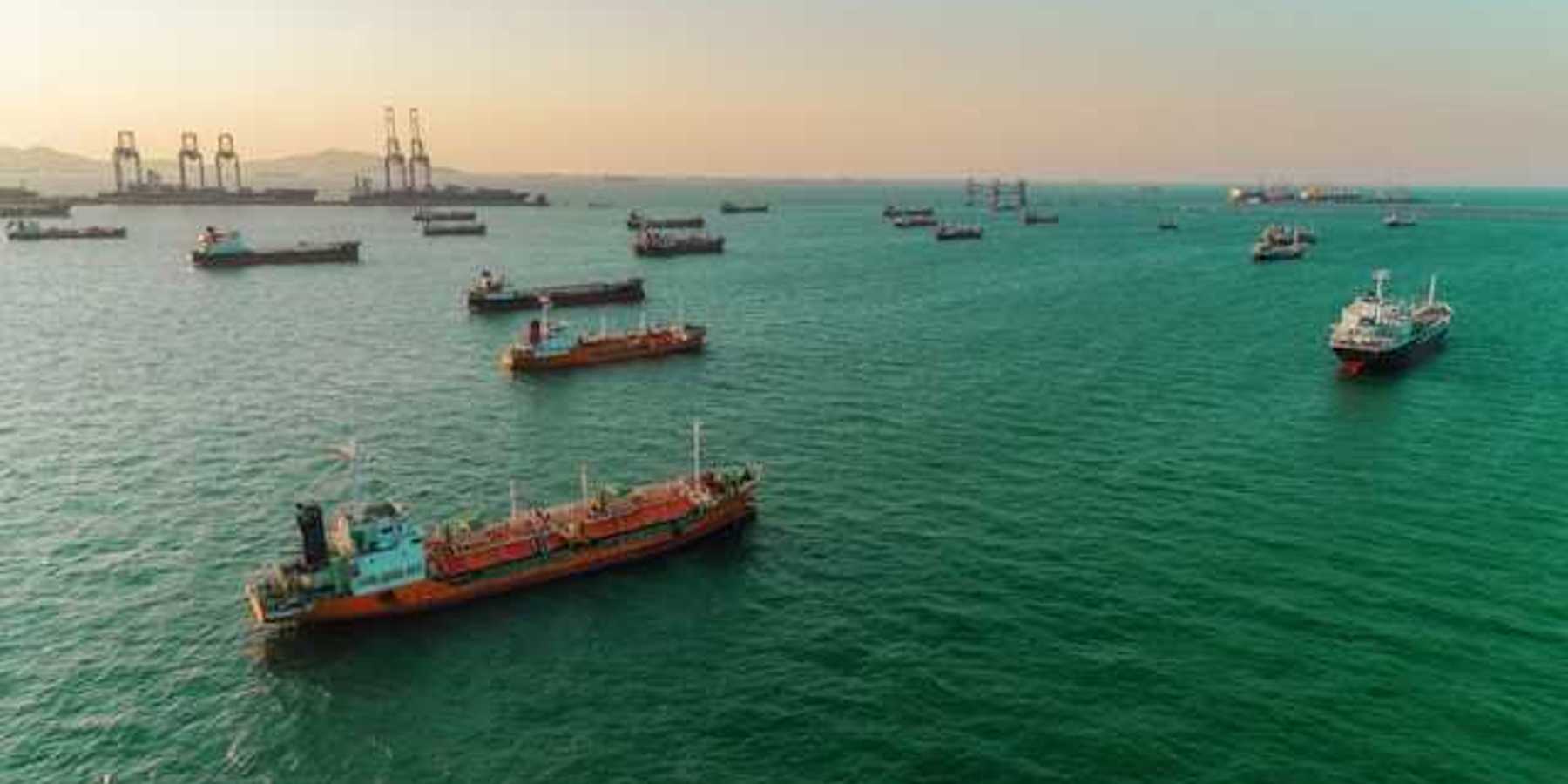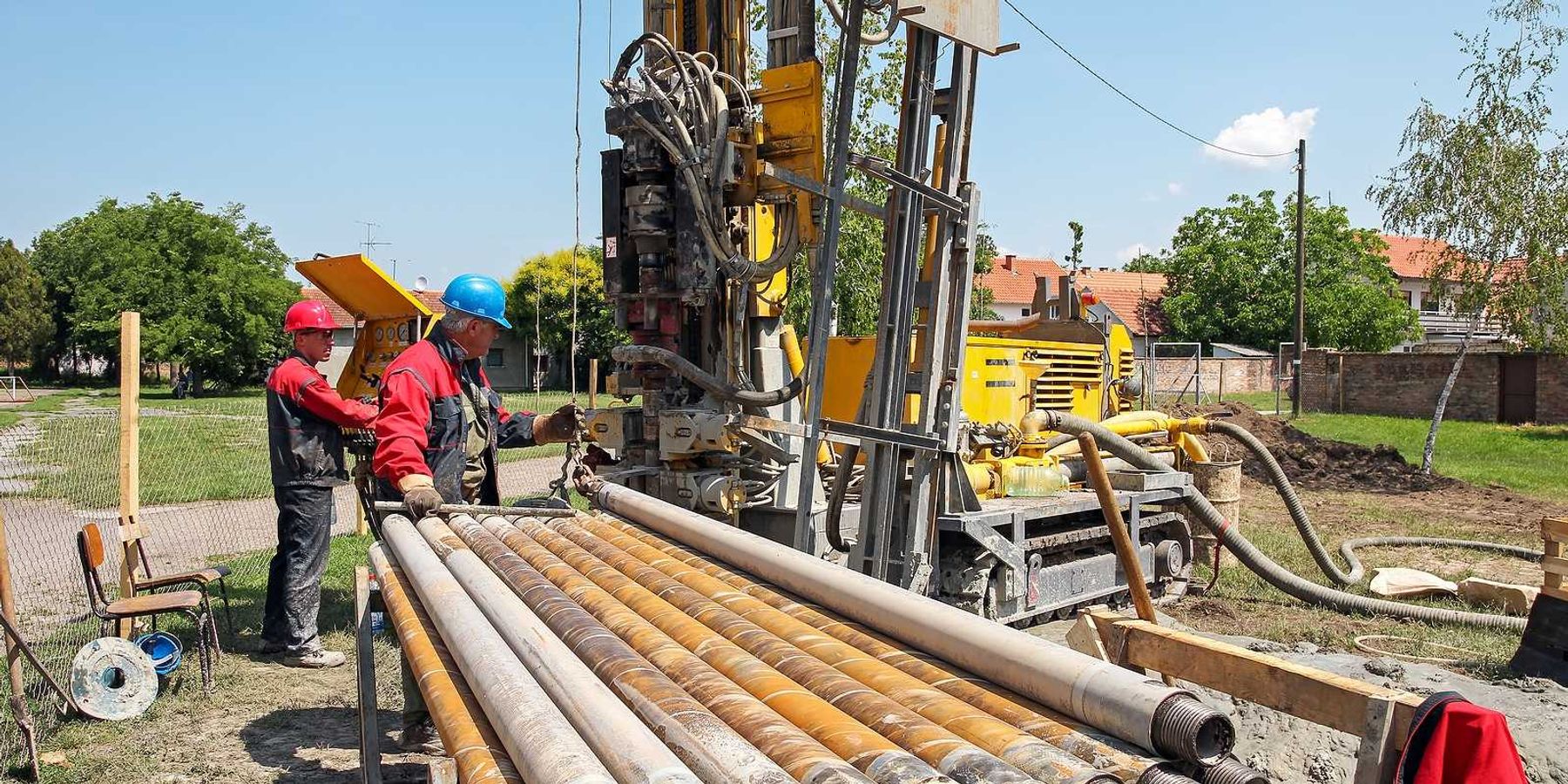Canada offers lesson in the economic toll of climate change
Wildfires are hurting many industries and could strain households across Canada, one of many countries reckoning with the impact of extreme weather, writes Lydia DePillis in the New York Times.
In a nutshell:
Canada's ongoing wildfires, which have already consumed 20 million acres and blanketed cities with smoke, are wreaking havoc on the economy. The fires have disrupted oil and gas operations, reduced timber harvests, impacted the tourism industry, and put a strain on the national health system. Previously, Canada seemed better positioned to handle climate change, but increasing volatility and extreme weather events are wiping out any potential gains. Experts predict that climate-related costs will mount to 25 billion Canadian dollars in 2025, with a loss of 500,000 jobs by mid-century. The economic impact of the current fires is yet to be determined, but it is expected to have a significant negative effect on Canada's economic growth.
Key quote:
“It’s come on faster than we thought, even informed people,” said Dave Sawyer, principal economist at the Canadian Climate Institute. “You couldn’t model this out if you tried. We’ve always been concerned about this escalation of damages, but seeing it happen is so stark.”
The big picture:
The Canada wildfires not only pose a threat to the economy but also have severe health implications. The smoke generated by the fires can lead to respiratory issues and exacerbate existing conditions such as asthma. Breathing in the polluted air can cause headaches and other discomforts, prompting experts to advise people to limit their time outdoors and improve indoor air quality. The long-term consequences of exposure to wildfire smoke, such as respiratory ailments and increased costs for smoke-related illnesses, are a growing concern as these catastrophic events become more frequent.
Read more at the New York Times.













